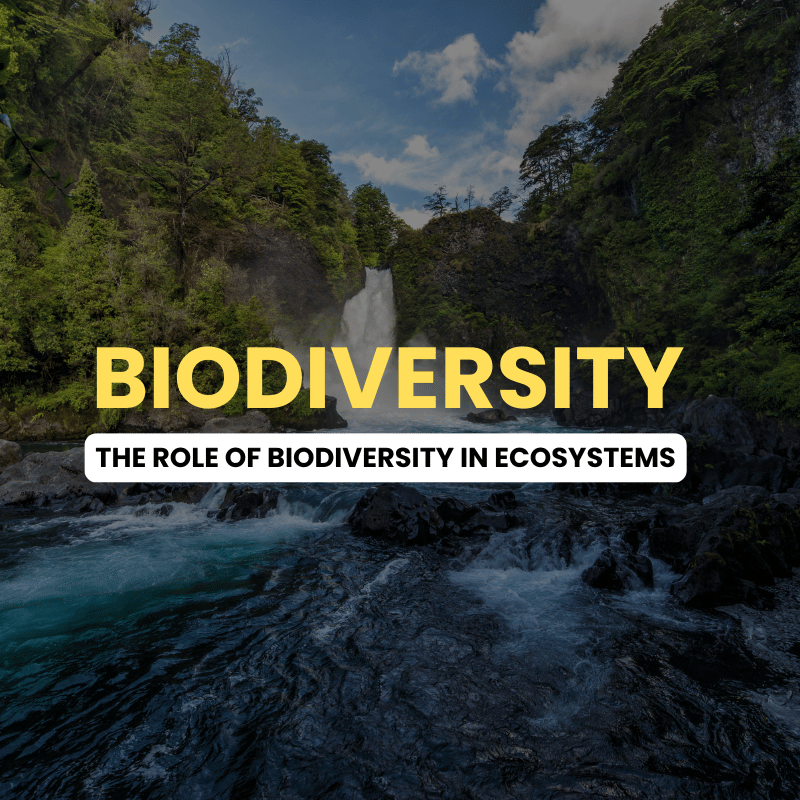
The Importance of Biodiversity: Why Every Species Matters
The Importance of Biodiversity: Why Every Species Matters
Biodiversity refers to the variety of life on Earth, encompassing all living organisms, their genetic differences, and the ecosystems they form. It is a crucial aspect of our planet's health and stability, playing a significant role in maintaining the natural balance. In this blog post, we will explore the importance of biodiversity and why every species matters.
1. Ecosystem Services
Biodiversity provides essential services that sustain life on Earth. These include:
- Pollination: Many plants depend on animals, especially insects, for pollination. This process is vital for food production and the reproduction of flowering plants.
- Water Purification: Diverse ecosystems, such as wetlands and forests, help filter pollutants and maintain clean water supplies.
- Soil Fertility: Various organisms contribute to soil health by decomposing organic matter, which enriches the soil with nutrients necessary for plant growth.
2. Climate Regulation
Healthy ecosystems play a critical role in regulating the Earth's climate. Forests, for example, act as carbon sinks, absorbing carbon dioxide from the atmosphere and mitigating climate change. Biodiversity enables ecosystems to adapt to changing conditions, ensuring resilience against climate-related challenges.
3. Medicinal Resources
Many medicines are derived from plants and animals. A rich biodiversity provides a vast pool of genetic material that scientists can explore for new pharmaceutical discoveries. Preserving various species ensures that we do not lose potential cures for diseases that could emerge in the future.
4. Cultural Significance
Biodiversity holds immense cultural value for many communities around the world. Different cultures depend on local species for food, clothing, and traditional practices. Protecting biodiversity means preserving cultural heritage and the knowledge passed down through generations.
5. Economic Benefits
Biodiversity contributes significantly to economies through tourism, agriculture, and fisheries. Ecotourism promotes conservation while providing livelihoods for local communities. A diverse range of species also supports agricultural productivity by enhancing crop resilience and pest control.
6. Interconnectedness of Life
Every species plays a role in its ecosystem. The loss of one species can disrupt food chains and lead to unforeseen consequences for others. For example, the decline of pollinators can impact plant reproduction, affecting herbivores and subsequently predators.
Conclusion
Biodiversity is essential for a healthy planet and human well-being. Every species matters, not only for its own sake but also for the intricate web of life that sustains us all. By protecting biodiversity, we ensure a sustainable future for generations to come.
